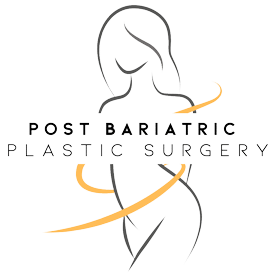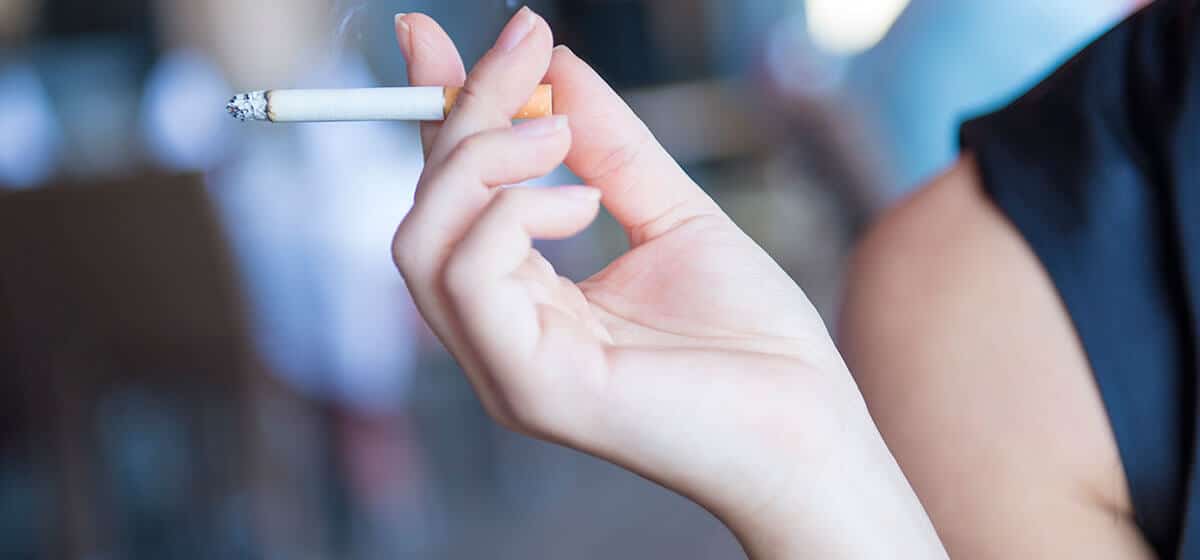Loose skin surgery—often performed after major weight loss, aging, or pregnancy—can dramatically improve physical appearance and confidence. However, if you’re a smoker considering procedures like a tummy tuck, arm lift, or body lift, it’s crucial to understand the serious risks smoking poses to your surgical outcome.
In this article, we’ll explore how smoking impacts loose skin surgery, why quitting before surgery is critical, and how you can prepare for a safe and successful recovery.
How Smoking Affects Surgical Outcomes
1. Impaired Blood Flow
Nicotine and carbon monoxide from cigarettes constrict blood vessels, reducing oxygen-rich blood flow to healing tissues. This limits the body’s ability to deliver essential nutrients to surgical sites, leading to:
-
Delayed healing
-
Increased risk of infection
-
Tissue necrosis (skin death)
2. Poor Wound Healing
Smoking disrupts collagen production, which is essential for skin elasticity and wound healing. This may cause:
-
Visible scarring
-
Wound dehiscence (wound reopening)
-
Prolonged recovery time
3. Higher Risk of Complications
Smokers are significantly more likely to experience post-operative complications, including:
-
Blood clots
-
Seroma (fluid accumulation)
-
Fat necrosis
-
Poor cosmetic results
Surgeon Recommendations: Smoking and Surgery
Plastic surgeons universally recommend that patients stop smoking at least 4–6 weeks before and after surgery. Some may even refuse to operate on active smokers due to the heightened risk.
Your surgeon may:
-
Perform a nicotine test prior to surgery.
-
Ask you to sign a non-smoking agreement.
-
Delay surgery until you can show you’re smoke-free.
Tips for Smokers Preparing for Loose Skin Surgery
-
Set a Quit Date
Aim to stop smoking at least one month before surgery. Use nicotine-free cessation methods like patches only if your surgeon approves. -
Join a Support Program
Behavioral therapy and smoking cessation programs increase your success rate. -
Stay Active and Eat Healthy
Optimize your circulation and immune function to help your body heal faster. -
Avoid Secondhand Smoke
Even passive exposure can impair your recovery post-surgery.

